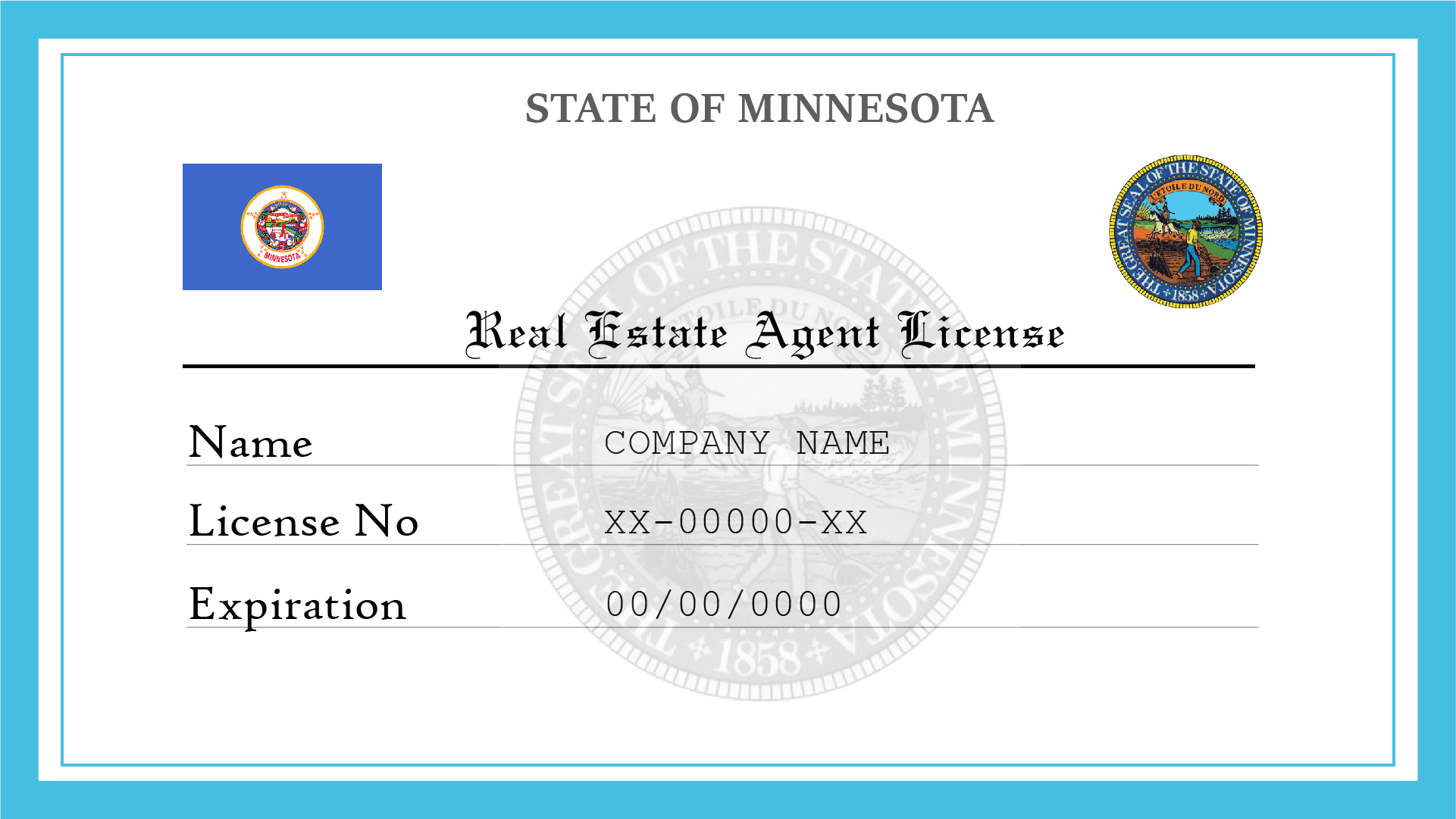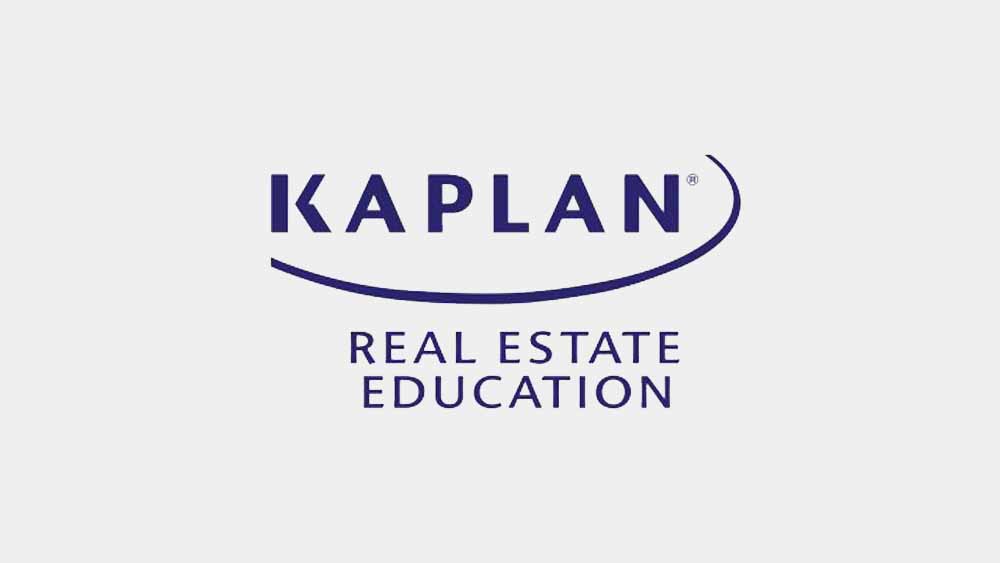
The multiple listing service in real estate is the multiple listing system. This is a collection regional databases that contain home listings. The MLS provides agents and brokers with a wealth of information that can help them sell their homes more efficiently.
Whether you are looking for information on mls in real estate or have a question about mls, this article is going to give you everything you need to know about the MLS. You will learn what it stands for, how it works, and what it means to be part of an MLS.
What does mls mean?
The MLS is a collection containing several regional databases. Each database has its own listing. These databases are managed by a local association and subscriptions to the MLS are made by real estate agents and brokers.

Each listing is assigned a unique MLS # that can be used to search homes. This number can also help you find information about property taxes for a particular property. Agents have the option to leave private comments for clients via the MLS system. This includes showing instructions or seller disclosures.
What is mls listings?
An MLS listing is a complete, detailed listing of a home that is available for sale. It contains a photo and details about the property, including square footage, bedrooms, bathrooms and additional information.
Unlike public listing sites, MLS listings are usually updated frequently and contain more extensive information about the home. This information aids buyers and seller to make informed decisions regarding which home they wish to purchase.
What is the meaning of mls property?
Agents and brokers can use MLS listings to promote their clients' homes to a wider audience. This gives the broker and agent a distinct advantage over other professionals in real estate who may not have the same access to data.
What is an MLS listing?
An MLS listing is essentially an online real estate listing that's posted on the MLS. Any licensed realty agent can access the MLS online to search for homes in their area.

There are many MLS systems in Canada and the United States. Each one has its own fee schedules and rules for using the system. The MLS has the principal benefit that it allows participating brokers to share their listings.
What is mls technology?
The MLS software is a computer program that allows agents and brokers to find homes for sale in their local area. Using the MLS can make finding homes for sale much easier than searching on public listing sites like Zillow.
RESO, a non-profit organization, has certified MLS. It ensures that agents and real estate brokers have the same technology system. This certification makes it easier for consumers and agents to find their next homes. It also accelerates the development technology that improves real-estate services.
FAQ
How much money will I get for my home?
This varies greatly based on several factors, such as the condition of your home and the amount of time it has been on the market. The average selling price for a home in the US is $203,000, according to Zillow.com. This
What are the chances of me getting a second mortgage.
Yes. However it is best to seek the advice of a professional to determine if you should apply. A second mortgage can be used to consolidate debts or for home improvements.
How do I calculate my interest rate?
Market conditions affect the rate of interest. The average interest rate for the past week was 4.39%. Divide the length of your loan by the interest rates to calculate your interest rate. Example: You finance $200,000 in 20 years, at 5% per month, and your interest rate is 0.05 x 20.1%. This equals ten bases points.
Are flood insurance necessary?
Flood Insurance covers flood damage. Flood insurance helps protect your belongings and your mortgage payments. Learn more about flood insurance here.
What should you think about when investing in real property?
It is important to ensure that you have enough money in order to invest your money in real estate. You will need to borrow money from a bank if you don’t have enough cash. Also, you need to make sure you don't get into debt. If you default on the loan, you won't be able to repay it.
You should also know how much you are allowed to spend each month on investment properties. This amount must cover all expenses related to owning the property, including mortgage payments, taxes, insurance, and maintenance costs.
Also, make sure that you have a safe area to invest in property. You would be better off if you moved to another area while looking at properties.
Statistics
- Private mortgage insurance may be required for conventional loans when the borrower puts less than 20% down.4 FHA loans are mortgage loans issued by private lenders and backed by the federal government. (investopedia.com)
- This means that all of your housing-related expenses each month do not exceed 43% of your monthly income. (fortunebuilders.com)
- 10 years ago, homeownership was nearly 70%. (fortunebuilders.com)
- It's possible to get approved for an FHA loan with a credit score as low as 580 and a down payment of 3.5% or a credit score as low as 500 and a 10% down payment.5 Specialty mortgage loans are loans that don't fit into the conventional or FHA loan categories. (investopedia.com)
- Some experts hypothesize that rates will hit five percent by the second half of 2018, but there has been no official confirmation one way or the other. (fortunebuilders.com)
External Links
How To
How to Find an Apartment
When you move to a city, finding an apartment is the first thing that you should do. This process requires research and planning. This involves researching and planning for the best neighborhood. This can be done in many ways, but some are more straightforward than others. These are the steps to follow before you rent an apartment.
-
You can gather data offline as well as online to research your neighborhood. Online resources include Yelp and Zillow as well as Trulia and Realtor.com. Local newspapers, real estate agents and landlords are all offline sources.
-
Read reviews of the area you want to live in. Yelp. TripAdvisor. Amazon.com all have detailed reviews on houses and apartments. You can also check out the local library and read articles in local newspapers.
-
Make phone calls to get additional information about the area and talk to people who have lived there. Ask them what the best and worst things about the area. Ask for recommendations of good places to stay.
-
Check out the rent prices for the areas that interest you. If you think you'll spend most of your money on food, consider renting somewhere cheaper. If you are looking to spend a lot on entertainment, then consider moving to a more expensive area.
-
Find out information about the apartment block you would like to move into. How big is the apartment complex? How much is it worth? Is it pet friendly? What amenities is it equipped with? Are you able to park in the vicinity? Are there any special rules for tenants?